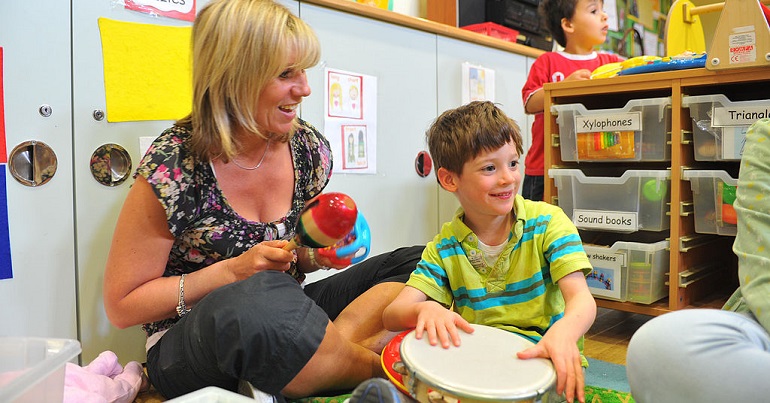Children and young people’s futures depend on councils getting more funding

This week, the body representing all local councils across England made a call for central government to restore £1.7bn funding to children’s services. And it’s clear why. Not only have the services that support vulnerable children and families been some of the worst affected by ten years of Tory cuts, but the impact of Covid-19 has been profound.
The government’s own scientific advisory group – SAGE – has now raised the alarm about our children and young people, saying that they are at risk of being ‘catastrophically hit by the collateral damage’ wrought from the Covid-19 crisis, labelling them a potentially ‘lost generation.’ The impact goes much, much deeper. There are also concerns that reduced contact with GPs and schools during lockdown has compounded support needs children already face.
Some of the most vulnerable children, indoors and unable to access many services during lockdown, will need significant interventions, placing increasing support on already overstretched budgets for children’s services and social work. Nationwide and locally, data shows that the effects of lockdown on the court system has delayed decisions on care arrangements, contributing to a rise of children in care.
It shouldn’t take a footballer
And while the government invested billions into an ‘eat out to help out’ scheme, it is being left to premiership footballers to argue that free school meals must continue in the holidays, just as the Trussell Trust reports it has distributed up to 146% more children’s food parcels through food banks this year compared with 2019. This is also a government which is currently being taken to court for refusing to provide child benefit to the third child of a family, as part of draconian welfare changes.
Issues facing young children are also played out in young adults. In a recent survey of the Brighton and Hove’s young people, one in five said Covid-19 had affected their mental health. What’s more, a further survey by some of our city’s youth groups showed that they also feel blamed for its spread, only adding to feelings of exclusion.
Cuts to preventative services affect us long term
Greens believe that investment is desperately needed – especially into prevention services – that stop problems worsening down the line. Since 2010/11, when the value was sat at around £2.8bn, funding for the Early Intervention Grant has been cut by almost two-thirds – most recently being recorded at £1.1bn in 2018/19.
Right now, the budget challenges we are facing may mean that we lose some of those crucial preventative services. This is a false economy. Already with increased numbers of children in care, to cut preventative services that will lead to a rise in the future would be short sighted. But it is a challenge councils like ours are staring straight in the face. This is reflected in cuts to things like youth service funding too.
We cannot fail to support our children and young people. How they emerge from this will be crucial to all of us, as we expect them to shoulder the burden of Covid-19 recovery, our climate crisis and to lead communities in the future.
PS. We hope you enjoyed this article. Bright Green has got big plans for the future to publish many more articles like this. You can help make that happen. Please donate to Bright Green now.
Image credit: Norwood Children’s Services – Creative Commons



We need to oppose all lockdowns and replace them with health and safety advice. the cure is worse than the disease. dont expect more funding from the governement. but councils would have more cash just by overturning lockdowns. ie more council tax, more people paying for optional services (some of which Greens may think should be free but we are where we are untill we can kick the torys out) the cure is worse than the diesease. im truly sorry to anyone who has suffered as a result of coronviruses. i knew someone who nearly died of one years ago when this was not a thing. But we as humans are not gods and cant prevent death and suffering any more than we can have whatever we want with out destroying the planet we depend on for life. But i think even though we greens want a different economy we have to have an economy in order to transform it. Futhermore the small buisnesses and local networks that Greens champion are what is dieing if we do these lockdowns and other restrictions. the corporate networks that destroy demmocracy and are out of control are what is thriving. go back and read the old green text on localization what ever there imperfections they contained much truth.